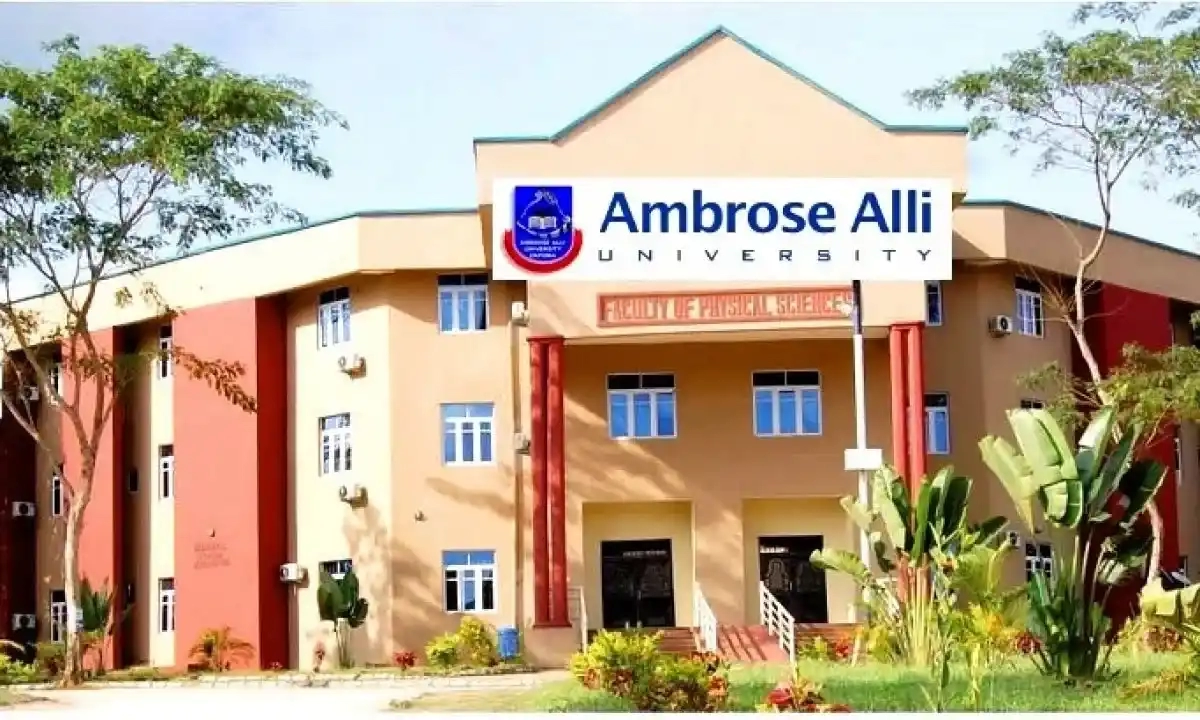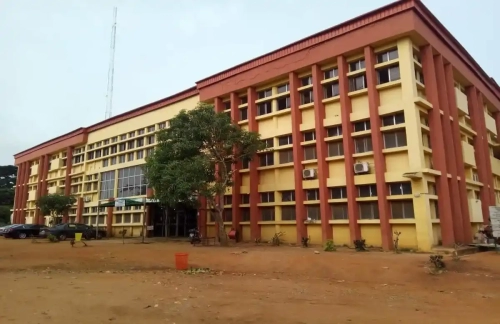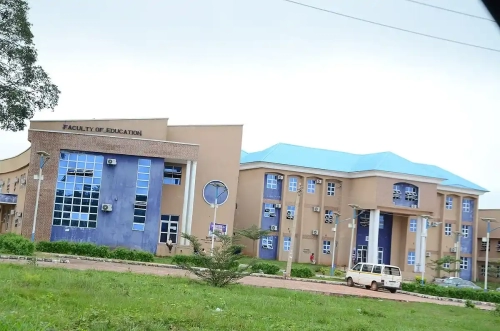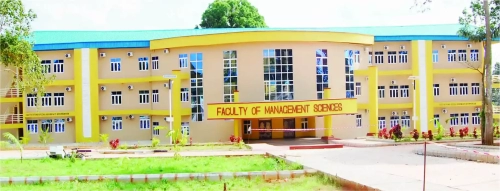Ambrose Alli University (AAU), located in Ekpoma, Edo State, Nigeria, is a state-owned university established in 1981. It was initially known as Bendel State University, then Edo State University, before being renamed in honor of its founder, Professor Ambrose Folorunsho Alli. AAU is accredited by the National Universities Commission (NUC).
| Acronym | AAU |
| Nickname | AAU |
| Motto / Slogan | Knowledge for Advancement |
| Founded | 1981 |
| Location | Esan Central, Edo, Nigeria |
| Address | KM 70 Benin Auchi Road P. M. B 14, Ekpoma Edo State Nigeria |
To foster the growth of knowledge for the advancement of society
To be a centre of excellence in teaching and research and in the total development of the individual person in tune with the socio-cultural environment and technological realities of a dynamic world.

Ambrose Alli University's main objective is to be a center of excellence in teaching, research, and the total development of individuals, aligning with the socio-cultural and technological landscape.
AAU Ekpoma holds the distinction of being the first state university in Nigeria, highlighting its historical significance and contribution to the development of higher education in the country.
AAU Ekpoma provides a range of support services to ensure students thrive academically and personally. This includes access to resources through the West African eUniversity Project (WAeUP) and a Student Management System called Kofa.
The university offers a wide range of NUC-accredited undergraduate and postgraduate programmes across faculties like Social Sciences, Agriculture, Life Sciences, Engineering, and Law, giving students many options to choose from.
AAU's Faculty of Basic Medical Sciences and Teaching Hospital are among the most respected in southern Nigeria, offering quality clinical training and real-world exposure for aspiring healthcare professionals.
Acceptance Fee: 30000
Email: [email protected]
Phone : +2348051306155




National University Commission(NUC)
The idea of the University was firmly predicated on the dynamics of the rapid educational development through which the whole of Bendel State was undergoing in the late seventies and early eighties. Energized by the education policies which Prof. Ambrose Allli, the first Executive Governor of Bendel State was implementing at the time, education was rapidly becoming an industry in its own right in the State. There was a yawning gap in the available opportunities for teeming youths, to fulfil their educational aspirations at tertiary level. The number of potentially qualified University materials in our State far exceeded those in other States of the federation and the introduction of the quota system made matters worse. Even the University of Benin which started off as a State University (Midwest Institute of Technology) had been taken over by the Federal Government and made out of reach of most Bendelites.